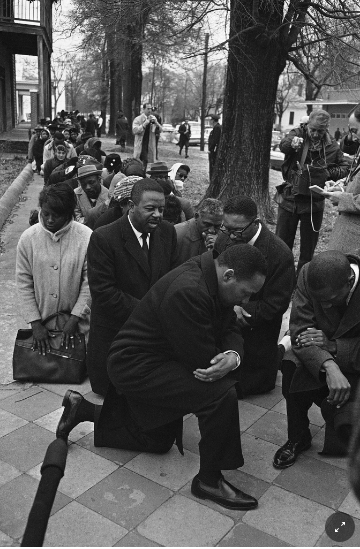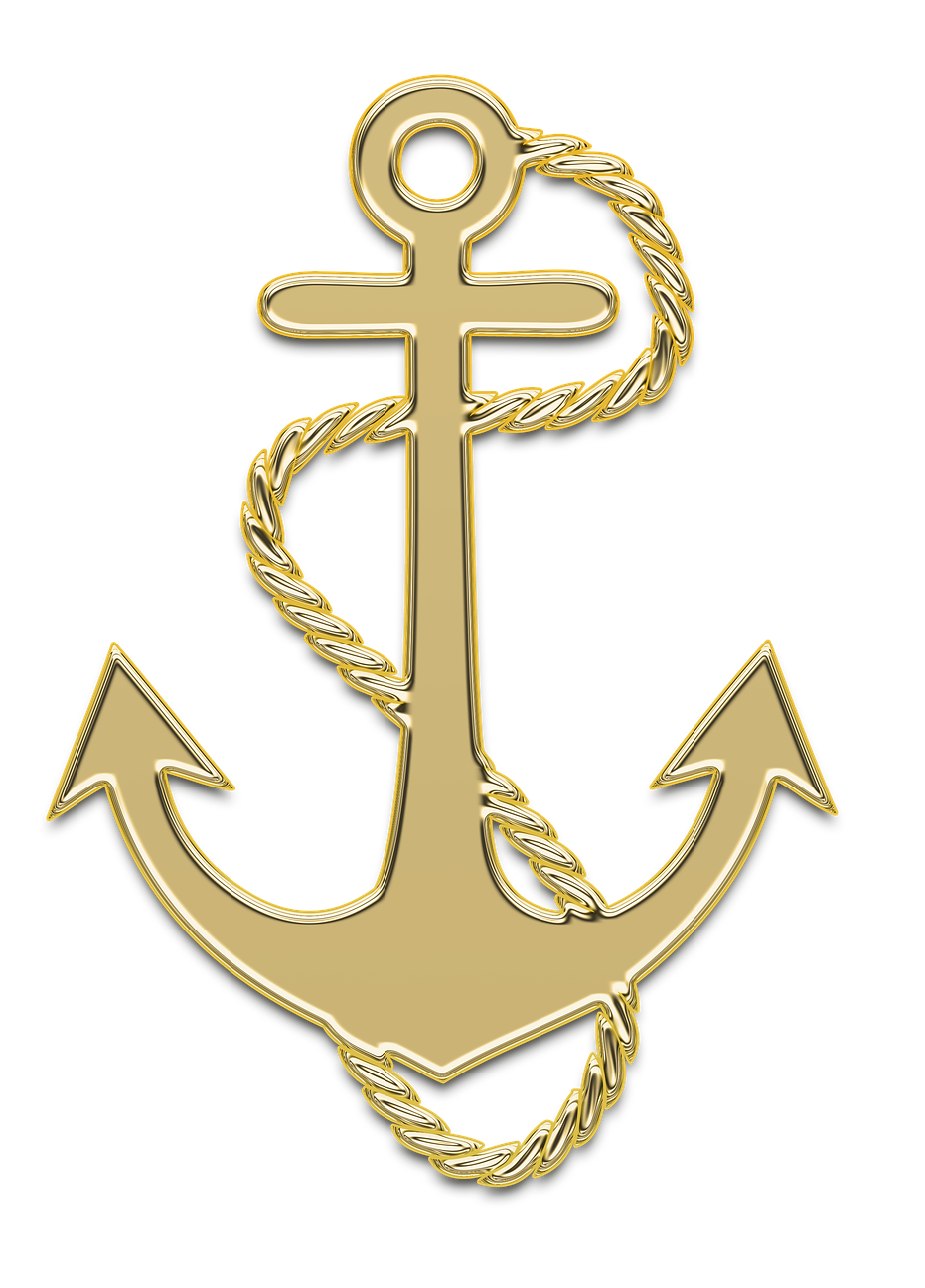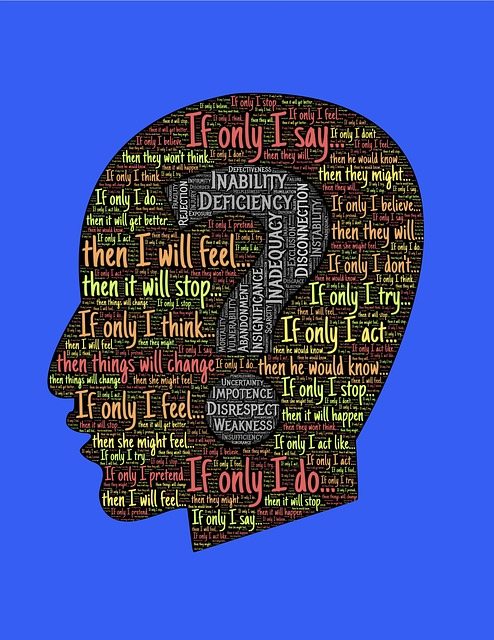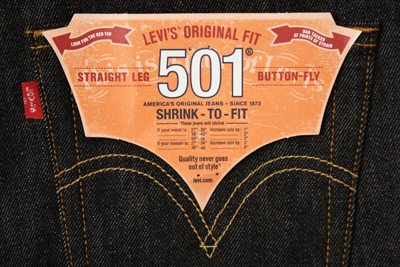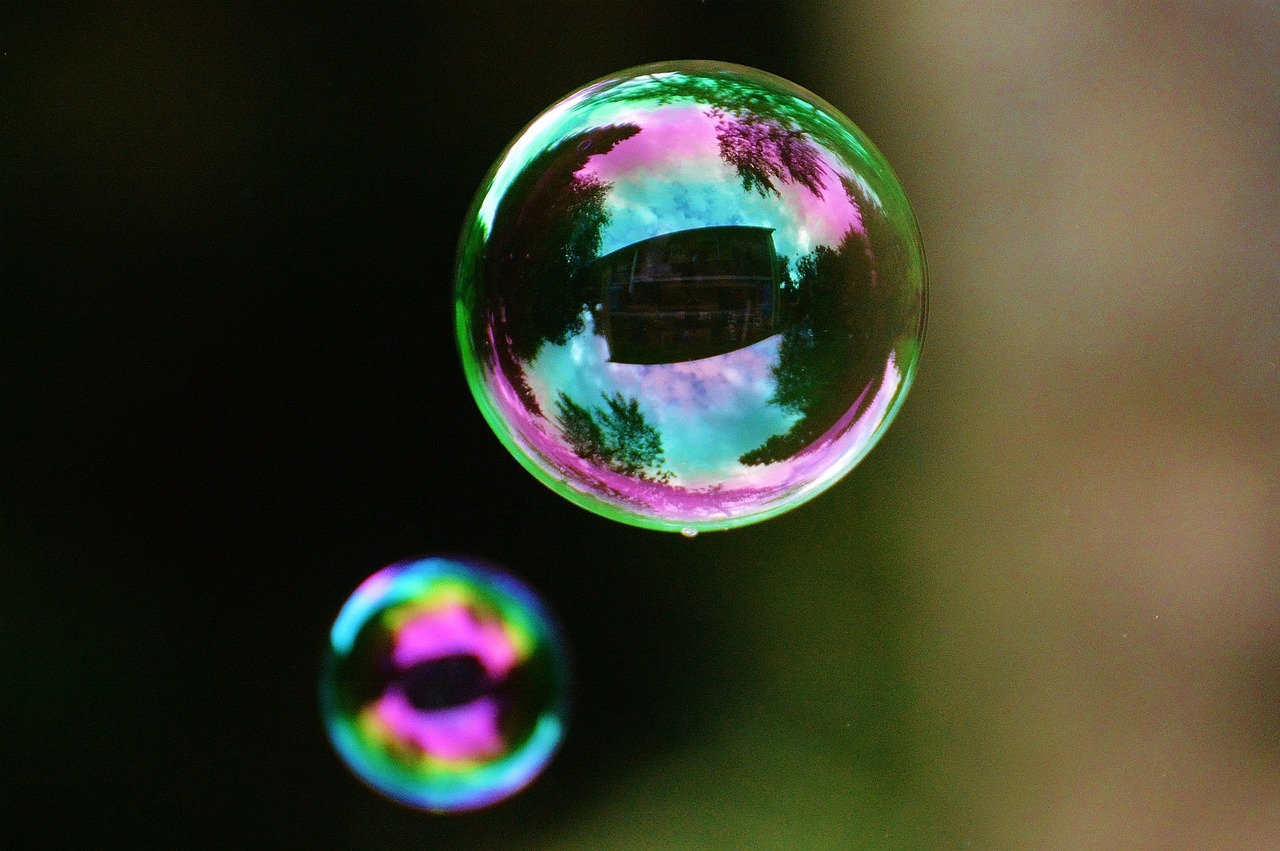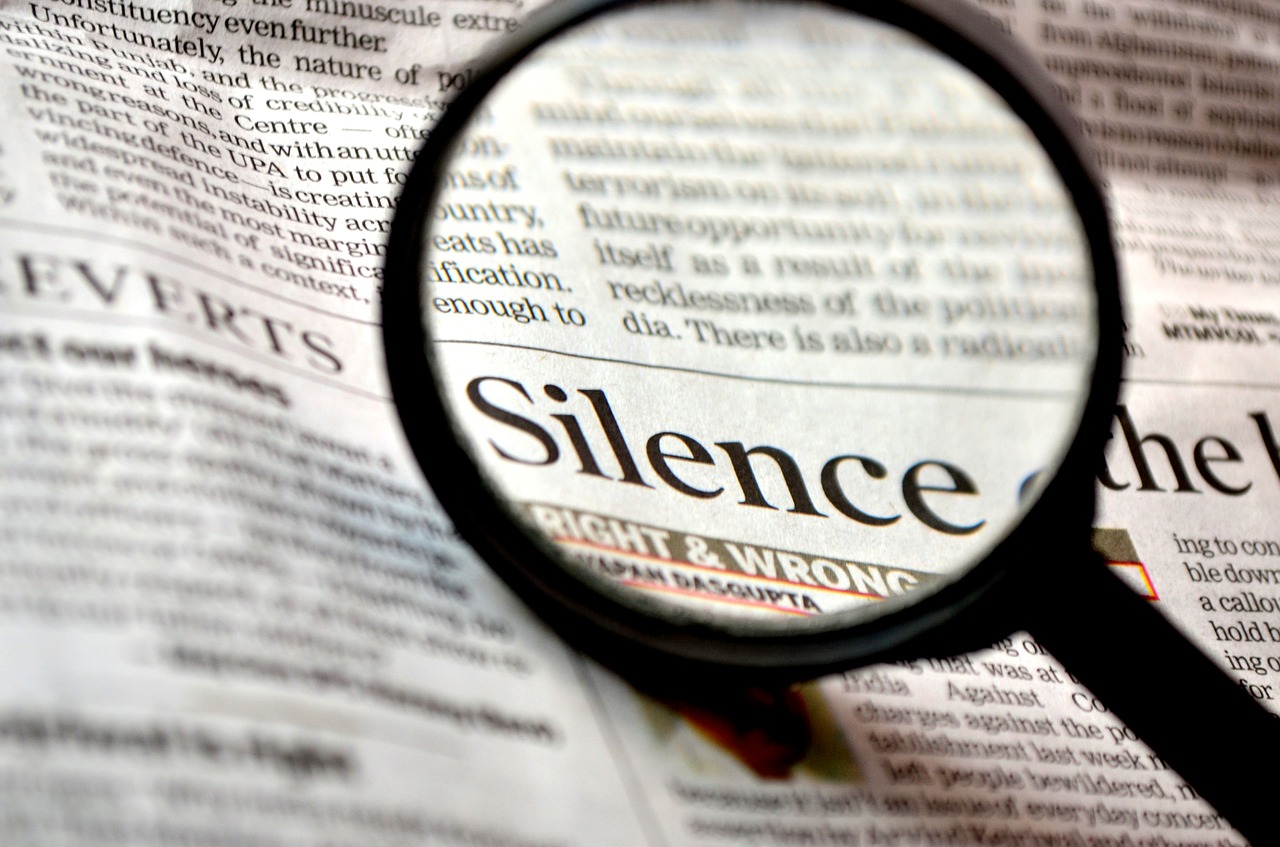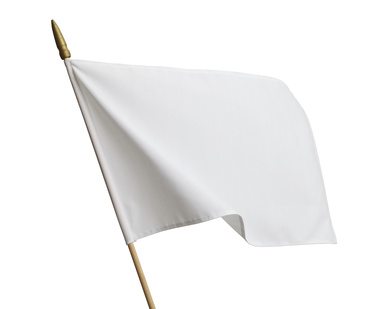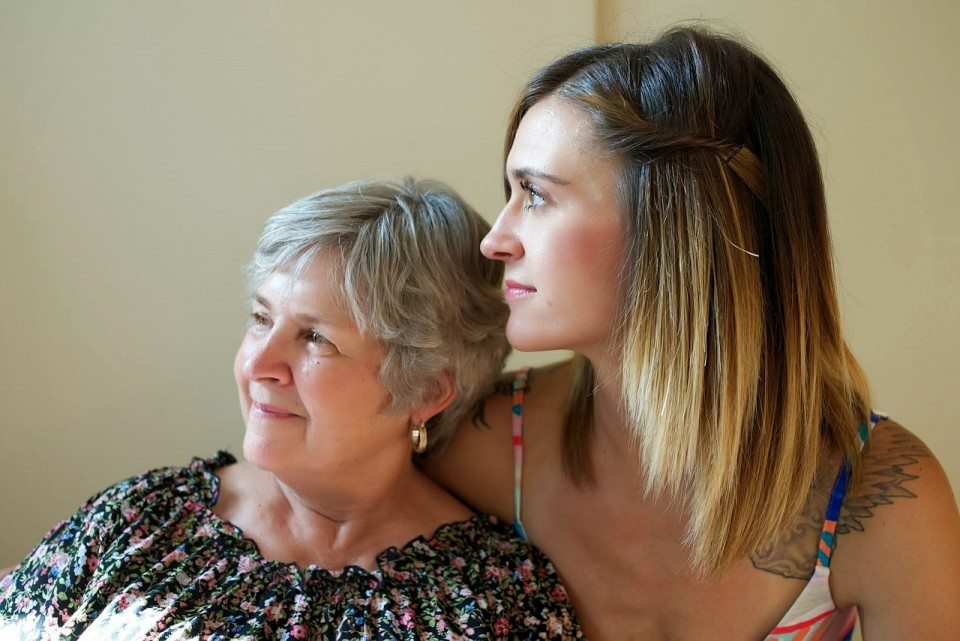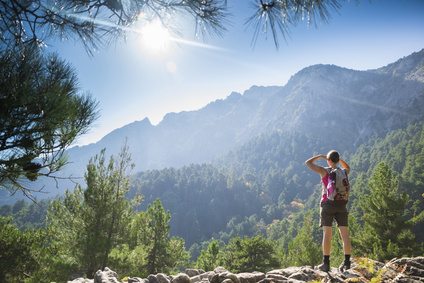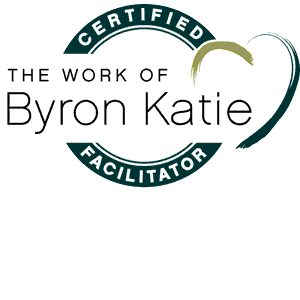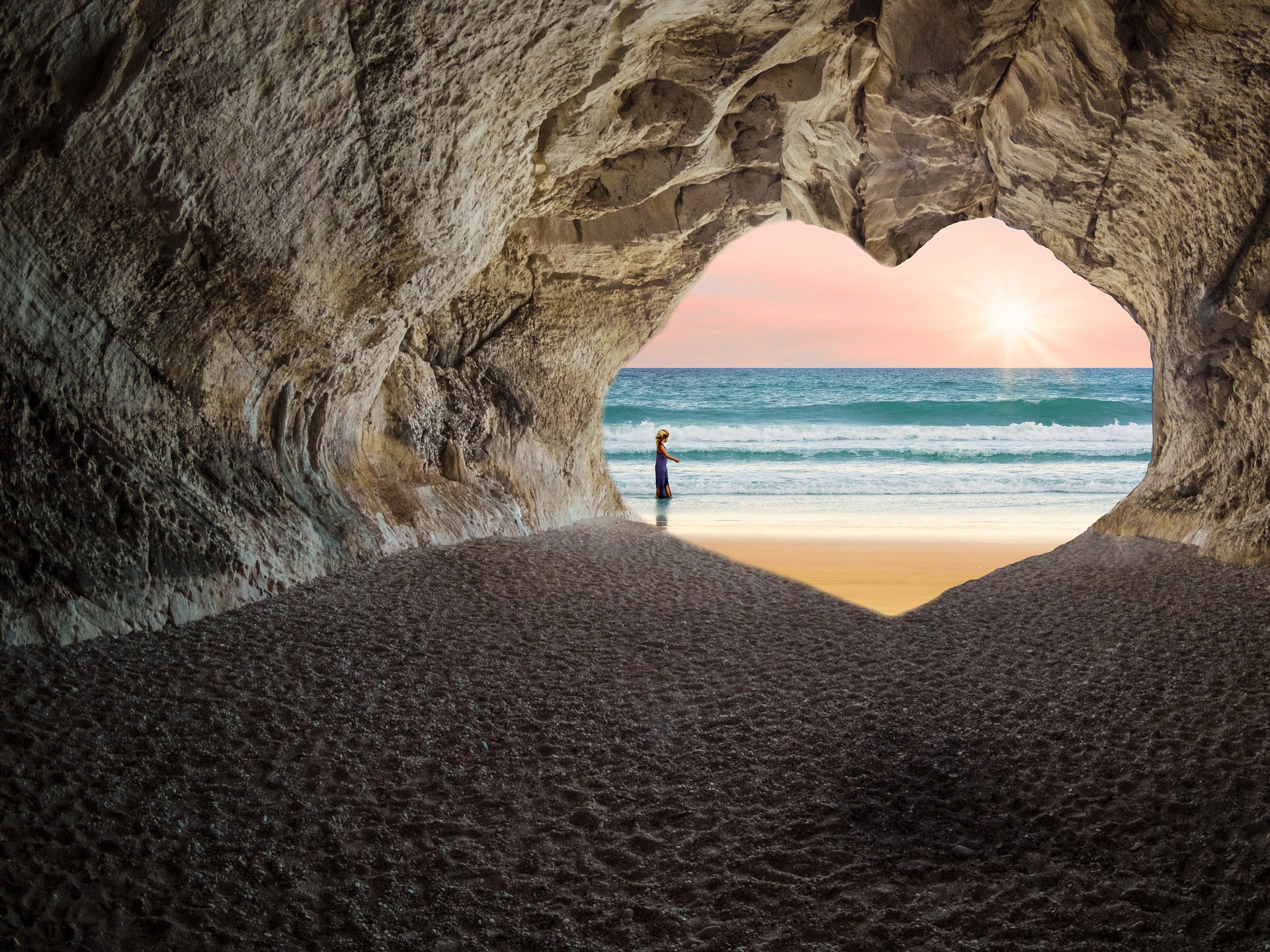
Since I’m in a state and county with very low COVID-19 numbers, and since I’m in a category both privileged and protected, I’ve had a luxury of contemplative time for self-reflection. What has emerged is a much deeper understanding of the power of the question, especially when it comes to my own thinking filters.
My whole life I’ve been someplace between intrigued and obsessed with questions. Life’s Big Questions. Living the Questions. 4 Questions and Turnarounds. My favorite question of all? “What am I not seeing or noticing?” This one is especially challenging, since the part of me that would usually answer is so unaware that it can’t see through the fog.
Months ago, when the pandemic hit, I asked my favorite question. I began to see how little I knew about everything from COVID-19 to the future. This was humbling but not personal, since we were (and are) all in this together. But when the pandemic of racism exposed itself for all the world to see, I began to realize how very many blind spots I had. And this time the cost, to others and myself, has been personal.
The past month I’ve been taking a deep dive to look at what I’ve been missing, with the help of some excellent books and films and videos. I’ve taken care to dose myself with self-compassion as I go about discovering everything I haven’t been able to see until now. This kindness has taught me my own innocence. It has taught me to keep going. To ask another question: What do I do now that I know? This is a question I’m still living with. The first clear answer came today. I’m sending this to you, my friends, with a list of my most educational and inspiring discoveries so far.
May these assist you in your own updates. And don’t forget to serve yourself a generous portion of kindness as you go.
Love In, Peace Out,
SgB
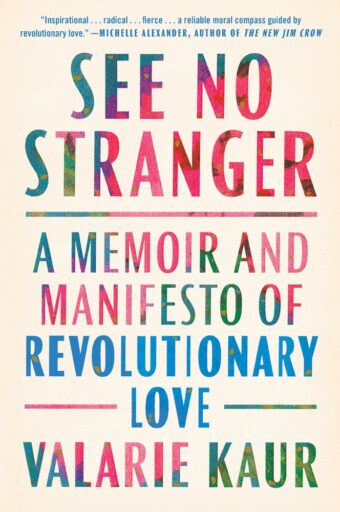 See No Stranger: A Memoir and Manifesto of Revolutionary Love by Valaurie Kaur
See No Stranger: A Memoir and Manifesto of Revolutionary Love by Valaurie Kaur
Kaur’s TED Talk: 3 Lessons of Revolutionary Love in a Time of Rage
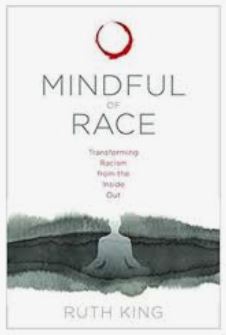 Mindful of Race by Ruth King
Mindful of Race by Ruth King
Sharon Salzberg interview with Ruth King: Sharon Salzberg has long been known for her approachable style and for bringing Metta Meditation (or Loving Kindness Meditation) to the West. In this podcast, Sharon interviews Ruth King on her work with mindfulness, racial conditioning, and justice.
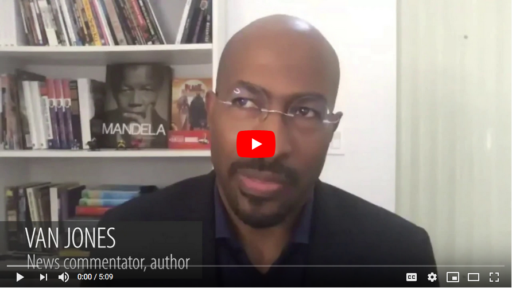 Van Jones on Racial Justice (Youtube): “A continent of new common ground has emerged and we don’t know what it is…” A moving five-minute clip about the meaning of these moments.
Van Jones on Racial Justice (Youtube): “A continent of new common ground has emerged and we don’t know what it is…” A moving five-minute clip about the meaning of these moments.
Films: Selma, 13, Just Mercy, Malcolm X, The Hate You Give, Do the Right Thing. An avid Film Femme, these are among my favorite power tools for self-education.
